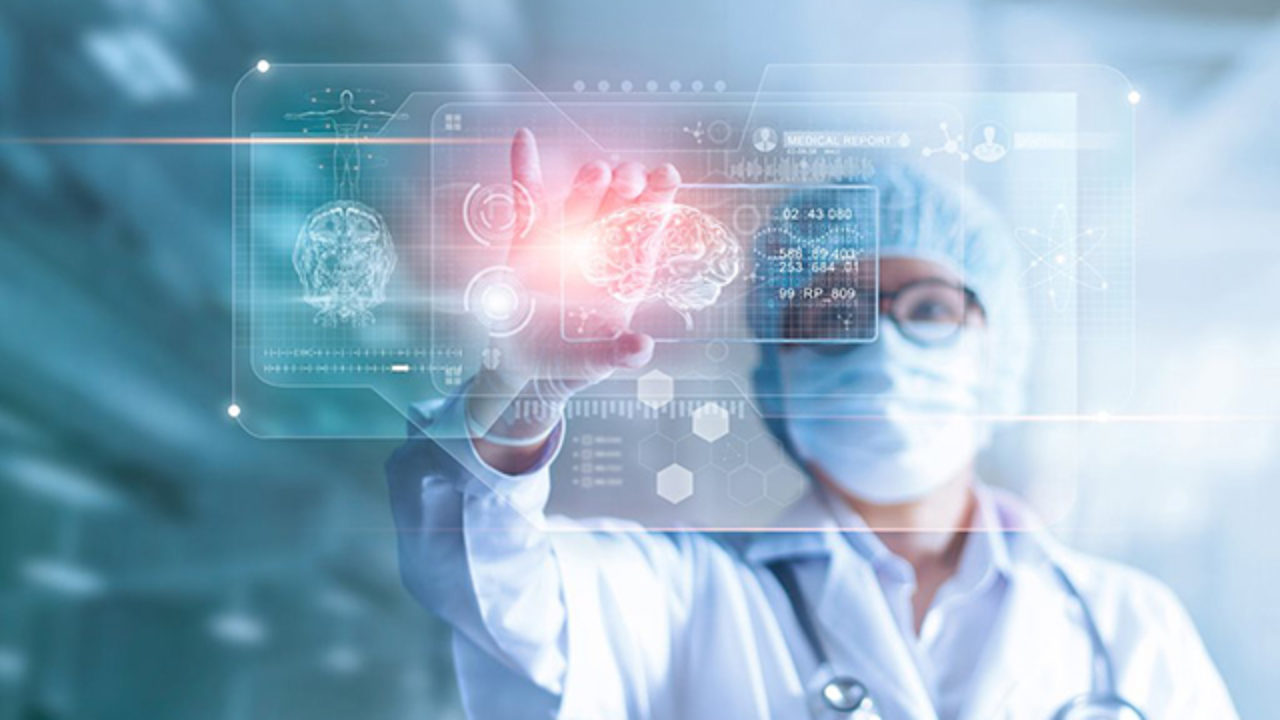The Rise of Remote Health Monitoring
The discourse surrounding the contemporary and evolving landscape of remote healthcare has expanded considerably in recent times. Notably, modern technologies have facilitated a safer and more convenient approach for all participants involved in this process. This article examines the burgeoning trend and its profound impact on healthcare delivery, emphasizing the pivotal role of telemedicine and broader implications for healthcare automation trends — manifesting innovations that were once relegated to the realm of science fiction.
A paradigm shift is underway in healthcare as remote health monitoring gains momentum. Consider, for instance, the telemedicine trend — a concept that would have seemed fantastic to its contemporaries some four decades ago. The ability to consult a medical professional through the interface of a personal computer and the Internet initially elicited a wave of skepticism. This evolution signifies a departure from conventional in-person visits, encompassing the capabilities of digital communication. By harnessing an amalgamation of contemporary medical technologies, a physician can now access your medical history via secure authentication methods and determine the diagnostic tests and their necessity. As the trajectory of healthcare automation continues to rise, remote health monitoring stands as a testament to the transformative potential of technology within modern medicine.
IoT in Healthcare: Advancements and Applications
The integration of Internet of Things (IoT) technology into healthcare has ushered in novel horizons for patient care and treatment. Unsurprisingly, these unobtrusive devices, which connect both major and minor technical systems within one’s domicile, have significantly influenced modern life, particularly within the domain of medicine.
The amalgamation of IoT in healthcare has engendered innovative solutions that were once confined to the realm of science fiction. Presently, commonplace wristbands are capable of tracking heart rate and health metrics based on gathered data. Instances abound where such wearable health monitoring devices from renowned corporations have demonstrably contributed to life-saving interventions, alerting emergency medical services during cardiac episodes. Could such possibilities have been imagined a few decades ago? Today, patients are actively engaged in enhancing their well-being through continuous health monitoring, while healthcare providers harness real-time data for precise diagnostics and timely interventions. Conventional diagnostic methodologies such as MRI and other substantial, costly instruments should not be underestimated. The impact of IoT healthcare innovations in healthcare transcends individual beneficiaries and extends to a transformative paradigm for medical institutions and professional collaboration. This is primarily a predictive measure of health outcomes.
This dynamic convergence of technology and healthcare shapes a future where precision, efficiency, and patient treatment outcomes attain unprecedented heights. Worth noting is the emergence of artificial intelligence as another intriguing dimension in today’s healthcare landscape.
Benefits of Remote Health Monitoring for Patients
The myriad benefits of remote health monitoring are so extensive that enumerating them comprehensively within a single article proves a challenging task. In this section, we will explore the benefits of remote patient monitoring for doctors that can derive from this transformative approach, ushering in a new era of patient-centered care.
There are a number of advantages of remote health monitoring for both patients and clinicians. Notably, physicians can access real-time updates with intelligent automation in healthcare on a patient’s health status. This entails the scenario where individuals, while engrossed in their present activities, wear specific bracelets or implanted devices that track vital functions such as heart activity or other organ responses. In the event of a worrying deviation, the attending physician is immediately alerted and can proactively intervene with either human or fully automated responses. Conversely, patients experience heightened convenience, reduced travel and minimized disruption to their daily routines.
The potency of remote health monitoring lies in its capacity to identify potential health concerns at an early stage, thereby facilitating timely interventions and enhancing outcomes. Furthermore, patients become active participants in their wellness journey, contributing to the broadening of their capabilities and engagement with health-tracking benefits. As the healthcare landscape evolves towards embracing intellectual automation, remote health monitoring is emerging as a cornerstone of patient-centric care, redefining the doctor-patient relationship and optimizing overall well-being.
Enhancing Healthcare Efficiency with IoT
The incorporation of Internet of Things (IoT) technology offers a plethora of supplementary ways to safeguard the health of individuals, an advancement that is neither fantastical nor clandestine. Indeed, at present, its ubiquity is evident across diverse domains. Let’s look at automation in healthcare examples.
The role of IoT in healthcare transcends mere patient monitoring and encompasses a wide spectrum of applications aimed at augmenting operational efficiency. From hospital inventory management to the preventive maintenance of medical equipment, IoT efficiency streamlines processes, curtails waste, and optimizes resource allocation. Instances of healthcare automation, such as automated patient scheduling and medication dispensation, underscore IoT’s potential for enhancing patient service quality and treatment outcomes.
As digital healthcare solutions gain escalating prominence, the IoT’s capabilities in real-time data collection, analysis, and transmission reshape healthcare practices, propelling the industry toward a future marked by heightened efficiency and innovation.
Challenges and Future Prospects of Remote Health Monitoring
While remote health monitoring holds immense promise, it also raises concerns and sparks discussions regarding the prospective impact of automation in healthcare. Undoubtedly, some skeptics continue to debate its moral acceptability. Some hold the misconception that modern technologies are exclusively designed for surveillance, a fallacy given that more efficient means of surveillance already exist.
As healthcare automation continues its evolution, the future of automation in healthcare prompts inquiries into data security, confidentiality and equitable access. Even as technologies grant healthcare providers unprecedented insights, the ethical utilization of patient data remains a crucial factor. Furthermore, the scalability and integration of remote monitoring systems within existing healthcare infrastructures present challenges necessitating innovative solutions.
In the forthcoming era, the impact of healthcare automation will hinge on collaborative efforts to address these concerns and harness the transformative potential of remote health monitoring. As the healthcare landscape advances, remote health monitoring is a testament to the dynamic interplay between technology, patient care, and the pursuit of a healthier future.
